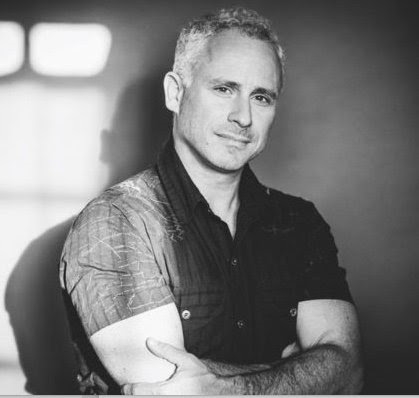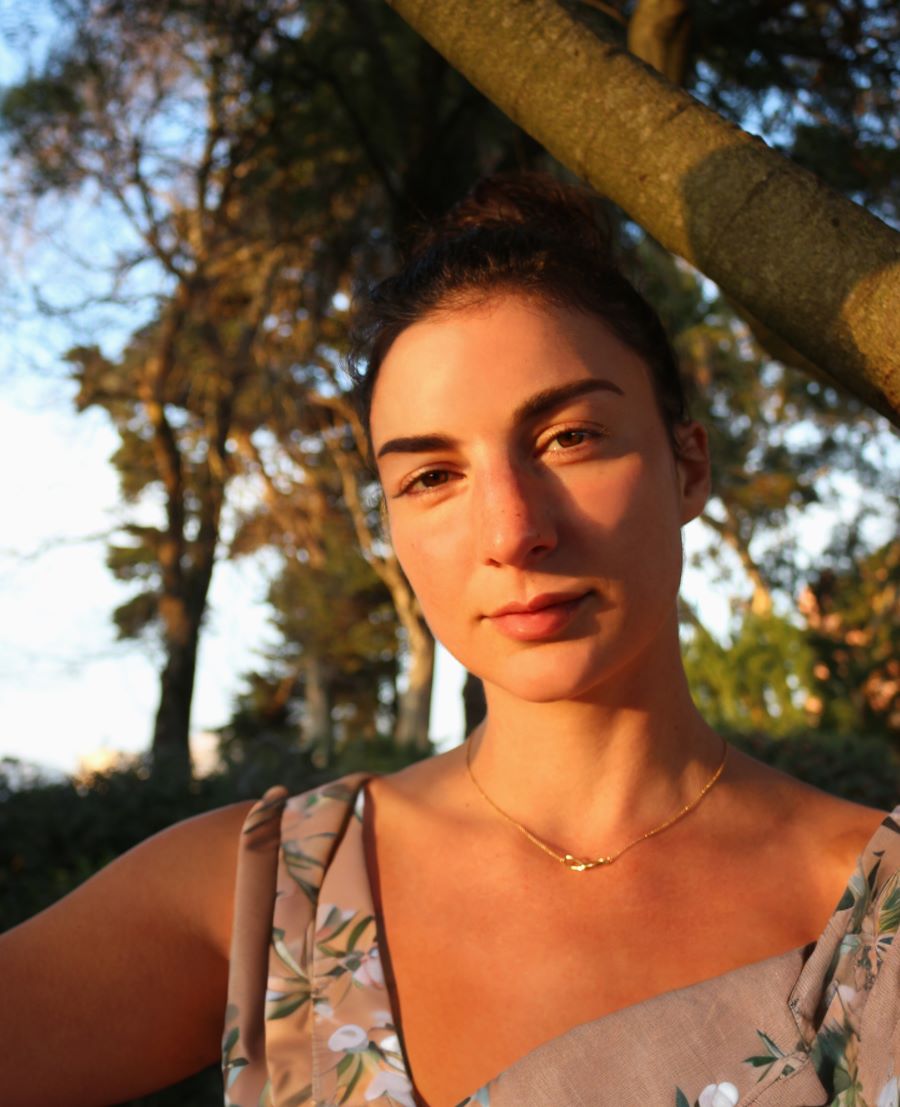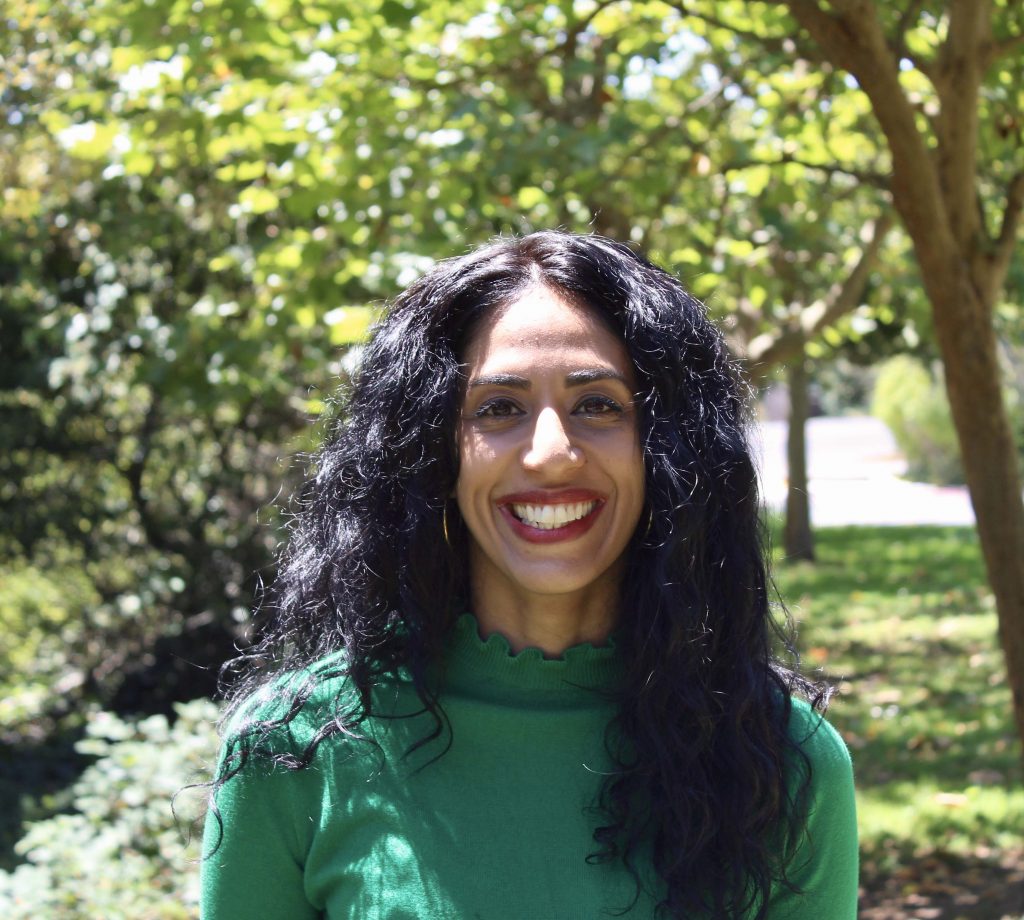Dialectical Behavior Therapy (DBT) is an evidenced-based treatment for those who struggle with regulating their emotions. It is a type of behavioral therapy deeply rooted in mindfulness and eastern meditative practices as well as Cognitive Behavioral Therapy (CBT).
The Bio-Social model of DBT suggests that people who have experienced invalidating environments as children, combined with biological sensitivities to the environment and emotions often experience higher levels of emotion reactivity.
With higher emotional arousal, the common impact is engagement in behaviors that are ineffective (e.g., avoidance, substance abuse, self-injury, interpersonal conflicts, negative thoughts about oneself and others). When ineffective behaviors dominate, it’s hard to develop a solid sense of Self.
What DBT aims to do is increase:
- Psychological flexibility
- Observance of the moment (mindfulness), while staying connected to long-term goals
- Heart-opening and compassion for self and others
- Living life according to values and true self (wise mind)
- Getting closer to innate wisdom/intuition
- Less rigidity in thought patterns
- Ability to make positive behavioral changes
- Compassion, curiosity, and calm
The individual therapy component of DBT is part of a larger treatment which includes participation in skills class, tracking of your treatment goals and practicing of new skills by using a diary card, as well as access to phone coaching to help you navigate moments where you need support to go beyond old ways of dealing with tough moments. Because each person is different, what treatment will look like over time will be based on your commitment, motivation and needs.
Learning new skills is an essential component of your treatment, and this happens in the context of a group format. The structure of skills class and therapy together helps to maximize learning, allowing a group context to learn new skills and an individual context to apply them to the most relevant parts of your life experience. The 3 DBT skills modules are Mindfulness, Emotion Regulation, Distress Tolerance, and Interpersonal Effectiveness. (more info about classes here) Though being enrolled in the full DBT program (individual DBT therapy and classes) is not indicated for all clients who seek services at our center (which we will discuss at intake), many find this combination of individual DBT therapy and DBT skills classes to be transformative in their treatment goals.
Over the first 4 individual DBT sessions, you and your therapist will work together to make a very clear plan to keep both of you focused on creating a life where you suffer less and live with more awareness and joy. These initial sessions are also a time where you will discover whether DBT is the right treatment for you and decide if this is the best time for you to engage with this treatment. DBT is an intensive therapy which requires commitment and willingness to receive support to learn new ways of facing challenging emotions and/or circumstances, and you are worth it. We have many success stories of people who have transformed their lives through this treatment and we are here to support you on this journey.
All of our therapists have all been intensively trained in DBT, engage with ongoing expert consultation, and are part of our weekly Team meeting where we discuss clinical cases and learn from and support each other’s clinical work. Please visit our fees page for more information about cost.











